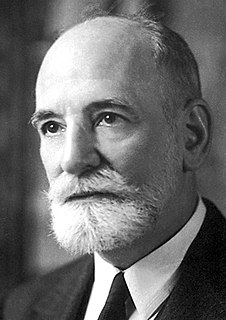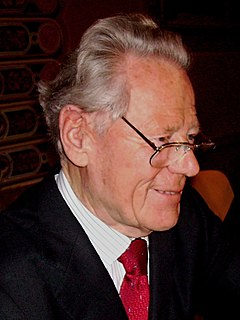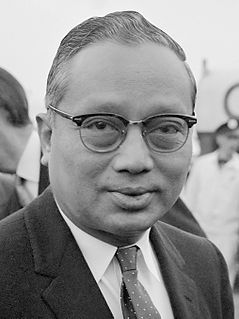A Quote by Albert Einstein
Realising the healthy international relations can be created only among populations made up of individuals who themselves are healthy and enjoy a measure a independence, the United Nations elaborated a Universal Declaration of Human Rights, which was adopted by the U.N. General Assembly on December 10, 1948.
Quote Topics
Adopted
Among
Assembly
Created
December
Declaration
Declaration Of Human Rights
Enjoy
General
General Assembly
Healthy
Human
Human Rights
Independence
Individuals
International
International Relations
Made
Measure
Nations
Only
Realising
Relations
Rights
Themselves
United
United Nations
Universal
Up
Which
Related Quotes
We stand today at the threshold of a great event both in the life of the United Nations and in the life of mankind. This declaration may well become the international Magna Carta for all men everywhere. We hope its proclamation by the General Assembly will be an event comparable to the proclamation in 1789 [of the French Declaration of the Rights of Man], the adoption of the Bill of Rights by the people of the U.S., and the adoption of comparable declarations at different times in other countries.
In the Universal Declaration of Human Rights (December 1948) in most solemn form, the dignity of a person is acknowledged to all human beings; and as a consequence there is proclaimed, as a fundamental right, the right of free movement in search for truth and in the attainment of moral good and of justice, and also the right to a dignified life.
A World Parliamentary Assembly functioning outside the United Nations, or a United Nations Parliamentary Assembly set up as a subsidiary body of the General Assembly pursuant to article 22 of the UN Charter, could start initially as a consultative body and gradually develop into a legislative assembly.
It is up to each and every one of us to raise our voice against crimes that deprive countless victims of their liberty, dignity and human rights. We have to work together to realize the equal rights promised to all by the United Nations Charter. And we must collectively give meaning to the words of the Universal Declaration of Human Rights that "no one shall be held in slavery or servitude"
Before the formation of this Constitution it had been affirmed as a self evident truth, in the Declaration of Independence, very deliberately made by the Representatives of the United States of America in Congress assembled that 'all men are created equal, and are endowed by their Creator with certain unalienable rights' This declaration of Independence was received and ratified by all the States in the Union & has never been disannuled. May we not from hence conclude, that the doctrine of Liberty and Equality is an article in the political creed of the United States.
The Universal Declaration of Human Rights - This great and inspiring instrument was born of an increased sense of responsibility by the international community for the promotion and protection of man's basic rights and freedoms. The world has come to a clear realization of the fact that freedom, justice and world peace can only be assured through the international promotion and protection of these rights and freedoms.
If the resources of different nations are treated as exclusive properties of these nations as wholes, if international economic relations, instead of being relations between individuals, become increasingly relations between whole nations organized as trading bodies, they inevitably become the source of friction and envy between whole nations.
It is a great problem for the true international agenda of human rights that the United States, uniquely among industrialised countries, has not ratified three main instruments, has not ratified the Covenant on Economic, Social and Cultural Rights, or the Convention on the Rights of the Child, or the Convention for the Elimination of Discrimination Against Women, and we could have so much richer a debate and dialogue on international human rights standards if the superpower would sign up to the agenda.
The Universal Declaration of Human Rights recognizes that 'if man is not to be compelled to have recourse, as a last resort, to rebellion against tyranny and oppression', human rights should be protected by the rule of law. That just laws which uphold human rights are the necessary foundation of peace and security would be denied only by closed minds which interpret peace as the silence of all opposition and security as the assurance of their own power.




































